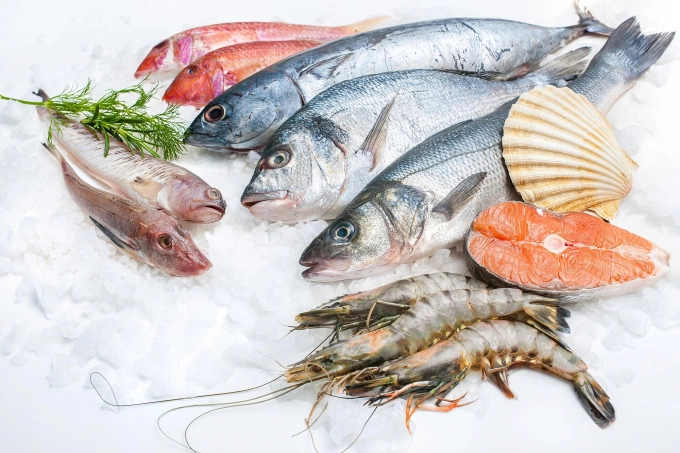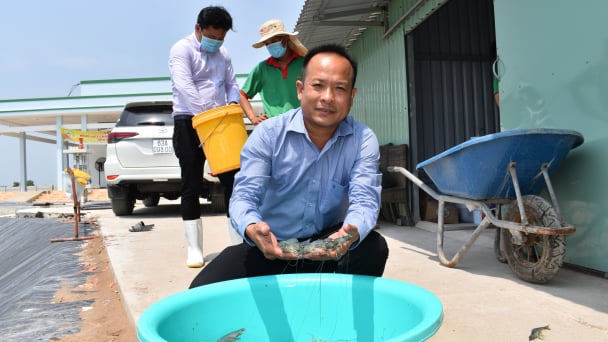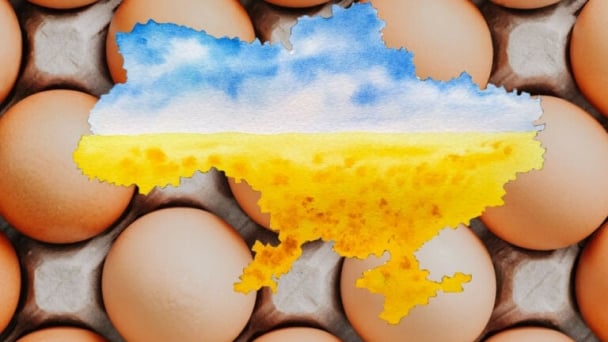May 21, 2025 | 08:32 GMT +7
May 21, 2025 | 08:32 GMT +7
Hotline: 0913.378.918
May 21, 2025 | 08:32 GMT +7
Hotline: 0913.378.918

Businesses exporting seafood and salt to the EU need to be mindful of the new regulation on mercury residues. Photo: TL.
According to Ministry of Industry and Trade, in the new regulation of the European Commission, mercury residues in seafood range from 0.3 to 1μg/kg, depending on the type of product. The maximum mercury residue in salt is 0.1μg/kg.
For products that already existed on the market, the product will be consumed until the expiry date of the product.
This regulation will take effect from May 3, 2022.
The Ministry of Industry and Trade noted that businesses exporting seafood and salt should pay attention to the new EU regulations on mercury residues.
The EU is currently one of the largest markets for Vietnamese seafood. In January this year, seafood export to the EU reached $108 million.
Translated by Hoang Duy

(VAN) One of the key factors for businesses to effectively take advantage of tariff preferences under these FTAs is the rules of origin.

(VAN) Oliyar, a prominent Ukrainian oil and fat manufacturer, has revealed plans to build a farm for 2.3 million laying hens in the Lviv region. The additional production quantities promise to change the competitive landscape of the egg market of the Eastern Europe region.

(VAN) On May 15, Ministry of Agriculture and Environment of Vietnam hosted the 'Connecting Vietnam - Germany agricultural, forestry and fishery trade' seminar in Berlin, Germany.

(VAN) In the face of counterfeit and imitation products, Khanh Hoa Salanganes Nest Company hopes for the prompt completion of the legal framework, strict enforcement against violations, and protection of the bird’s nest brand.

(VAN) Japan's efforts to lower the price of rice through the release of its stockpile may finally be making some progress, albeit at a snail's pace.

(VAN) U.S. tariffs are not only a 'shock', but also an opportunity for Vietnamese businesses to renew their mindset toward comprehensive development.

(VAN) As Bac Giang lychee enters the harvest season, Minister Do Duc Duy expects that the fruit will contribute greatly to agricultural exports due to standardized production and deep processing.